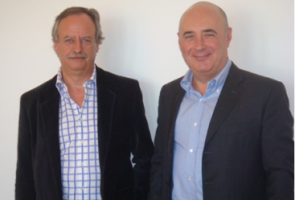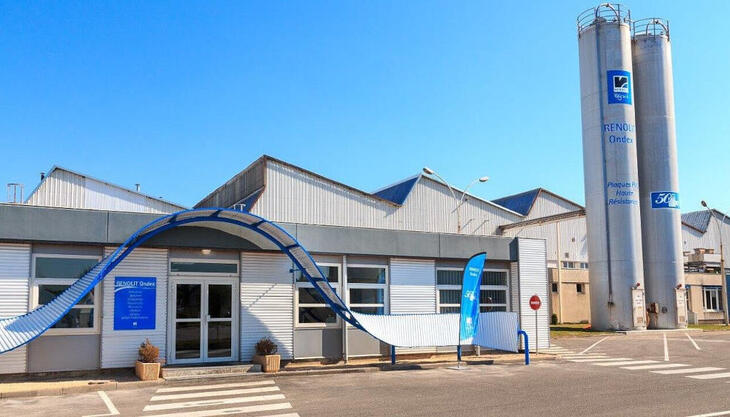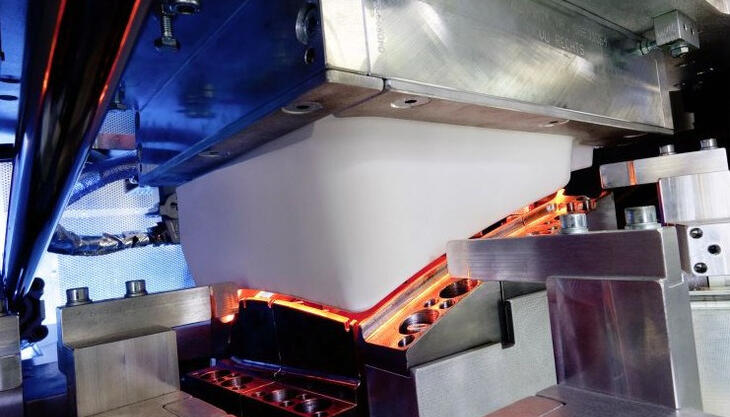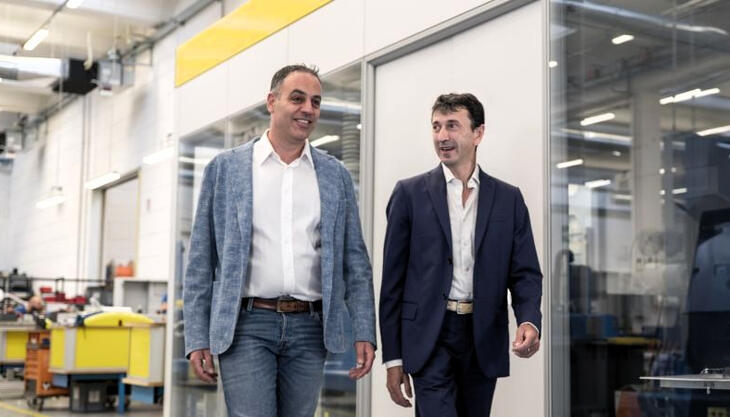Global presence for light stabilizers

During the pre-K press conference held on 5 June 2013 in Mainz, Germany, Maurizio Butti, COO of Songwon, placed particular emphasis on the signing of long-term distribution agreements with the Italian company Sabo (Levate, Bergamo), the world's second producer of HALS (Hindered Amine Light Stabilizers) and a major supplier of high quality products and innovative solutions. In effect since the end of 2012, the agreements allow Songwon to distribute Sabo's HALS products globally.
Songwon cooperates closely with Sabo in extra-European regional HALS markets, where both companies see big potential for growth. Within Europe, on the other hand, Songwon and Sabo will be strictly independent from one another and Songwon will be free to distribute Sabo as well as other HALS products.
The two companies also pool their technology and expertise to develop future solutions to customer demand for innovative, high performance light stabilization packages solving challenges in outdoor applications for polymers.
"As a globally leading supplier of polymer stabilizers to the polymer industry, we have secured an ideal partner in Sabo," said Jongho Park, Chairman and CEO and Head of the Songwon Industrial Group Executive Committee. "Like Songwon, Sabo is committed to be a partner of choice in supplying high performance products to the polymer industry and have an ambition to expand their geographical footprint to a truly global presence. The Sabo product range and production capabilities are an excellent fit with Songwon's global sales and distribution network and the customer intimacy that we enjoy. The distribution agreements are a significant strategic commitment for both parties to develop a leading position in the fast growing light stabilizer markets outside Europe."
Germano Peverelli, Managing Director Sabo, said: "These distribution agreements are excellent news for our customers. They extend our reach and provide support locally, and to all key customers along the value chain, particularly in non-European regions which would have been otherwise more restricted."



















